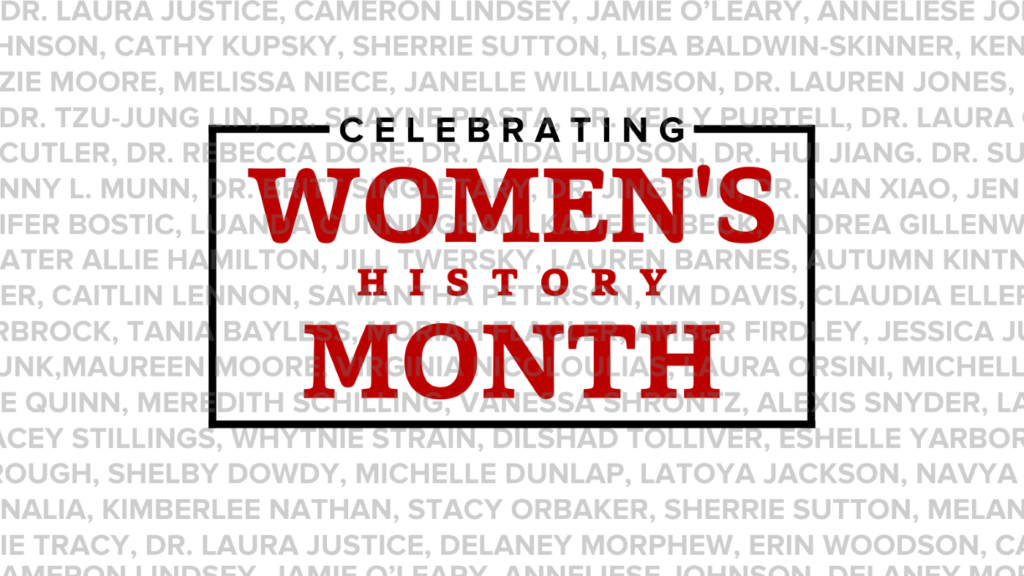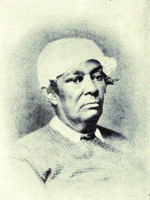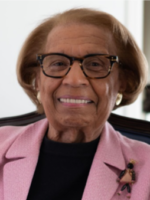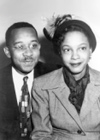Honoring Women’s History Month 2022

This year for Women’s History Month, here are some spotlights on influential women in early care and education. For a look at the larger history, this article from New America offers a thorough timeline as well as a reminder of the need to value early care and education as a society.
Betsey Stockton, early childhood education pioneer

Figure 1. Photograph of Betsey Stockton. Retrieved from NAEYC.
“Over several decades, Betsey Stockton sustained a strong commitment to her community and desire to develop herself professionally as a teacher—she taught according to the most innovative approaches of her time. As a figure in preschool history, she was not a typical heroine, but she was extraordinary, having survived enslavement during the first two decades of her life, become a missionary, and settled into a long career as a teacher in Princeton. Her life serves as an inspiration for 21st-century teachers.”
Read more about Betsey Stockton in her feature by the National Association for the Education of Young Children.
Dr. Evelyn Moore, advocate for early childhood quality and access

Figure 2. Photograph of Evelyn Moore. Retrieved from CEELO.
“Throughout her career, Dr. Evelyn Moore has been [a strengths-based] advocate for young children and worked to elevate the important role of quality, enriching educational environments in children’s development… [S]he founded the National Black Child Development Institute… and has become an advocate for universal childcare, early literacy and cognitive development, and the allocation of federal funds for the sector.” (Source: First 5 Contra Costa Children and Families Commission)
To hear from Dr. Moore, watch her interview with the National Institute for Early Education Research.
Dr. Mamie Phipps Clark, psychologist on racism in early childhood

Figure 3. Photograph of Dr. Mamie Phipps Clark. Retrieved from APA.
“As a trailblazing Black woman in the social sciences, Dr. Mamie Phipps Clark specialized in the pathology of racism as a psychologist. She and her husband, Dr. Kenneth Clark, conducted tests using white and black baby dolls to demonstrate internalized racism in Black children. Kenneth served as an expert witness for plaintiffs in the Belton (Bulah) v. Gebhart, Davis v. Prince Edward County, Briggs v. Elliott trials. The U.S. Supreme Court cited the research in the Brown v. Board decision.”
Learn more about Dr. Phipps Clark from the National Trust for Historic Preservations’ article on “How Black Women Changed the Face of Education in America”.
